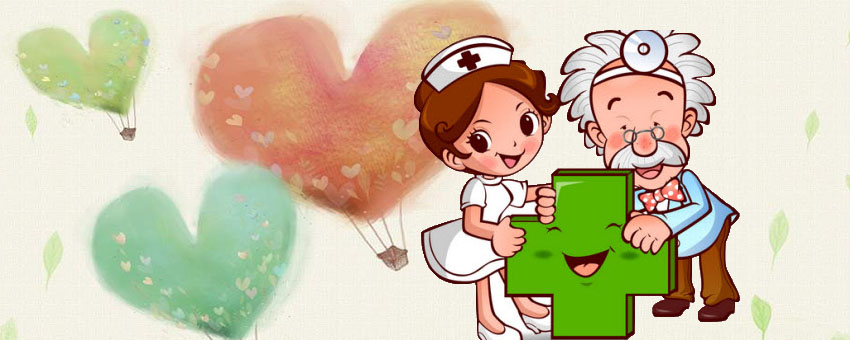Health Advice for Travelers

Being concerned about health risks involved in traveling in some foreign countries, Master has given the following advice:
1 )Use disinfectants (such as iodine tablets) to purify cooking water to make sure it is safe for use. These can be purchased at camping stores, health food stores and pharmacies.
2 )Everyone should bring and use a bottle of mouthwash.
3 )Soak fruits, vegetables, herbs, and other foods in salted water for at least five minutes then rinse with potable water before cooking and/or eating.
In addition to the health advice given above, below are some basic health precautions that should always be taken while traveling in foreign countries where disease may be a risk:
To stay healthy, do the following:
1 )Wash your hands often with soap and water.
2 ) Drink only bottled or boiled water, or carbonated (bubbly) drinks in cans or bottles. Avoid tap water, fountain drinks, and ice cubes. If this is not possible, make the water safer by BOTH filtering it through an "absolute 1-micron or less" filter AND adding iodine tablets to the filtered water. "Absolute 1-micron filters" are found in camping/ outdoor supply stores.
3 )Eat only thoroughly cooked foods or fruits and vegetables you have peeled yourself. Remember the phrase "boil it, cook it, peel it, or forget it."
4 ) If you are visiting an area where there is a risk of malaria, take your malaria prevention medication before, during, and after travel, as directed. (See your doctor for a prescription.)
5 ) Protect yourself from insects by remaining in well-screened areas, and using repellents (applied sparingly at four-hour intervals), and permethrin-impregnated mosquito nets. Wear long-sleeved shirts and long pants from dusk to dawn.
6 )To prevent fungal and parasitic infections, keep your feet clean and dry, and do not go barefoot.
To Avoid Getting Sick:
1 )Never eat food purchased from street vendors.
2 ) Avoid drinking beverages with ice.
3 ) Avoid dairy products unless you know they have been pasteurized.
4 ) Never share needles with anyone.
5 ) Never handle animals (especially monkeys, dogs, and cats) to avoid bites and serious diseases (including rabies and plague).
6 ) Avoid swimming in fresh water. Salt water is usually safer.
What You Need To Bring with You:
1 ) Long-sleeved shirts and long pants to wear while outside whenever possible. This will help prevent illnesses carried by insects (e.g., malaria, dengue, filariasis, leishmaniasis, and on chocerciasis).
2 ) Insect repellent containing DEET (N, N-diethyl-meta-toluamide), in 30%-35% strength for adults and 6%-10% for children. Unless you are staying in air-conditioned or well-screened housing, purchase a bed net saturated with the insecticide permethrin. (Bed nets can be purchased at camping or military supply stores.)
3 ) Over-the-counter anti-diarrheal medicine.
4 )Iodine tablets and water filters to purify water if bottled water is not available.
5 ) Sun block, sunglasses, and a hat.
6 ) Please make sure you have enough of your prescription medications to last during your trip, as well as a copy of the prescription(s).
After You Return Home:
If you have visited an area where there is a risk of malaria, continue taking your malaria medication for four weeks after you leave the area. If you become ill after your trip, even up to a year after you return, tell your doctor where you have traveled.